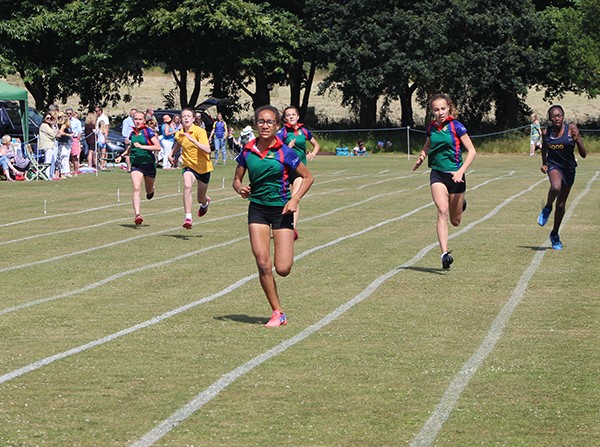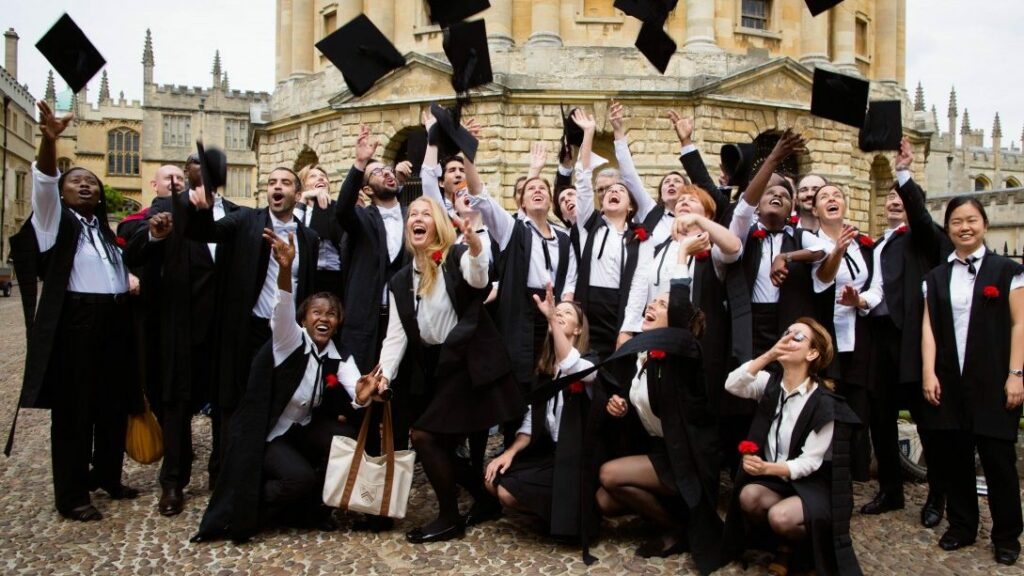Competition: a thing of the past? – Will S
Sport is key to education and what always accompanies sport is competition – the two go hand in hand. There is competition naturally in matches but also within the ranks of each side for positions or to be in a certain team. Yet, despite all of this, it would seem many would rather there not be any competition in schools. These people are supporters of the idea that everyone should get a prize, that to be last is just as good as to be first, and schools across the country, especially primary schools succumb to this. This has seen the birth of the participation trophy, a staple of any Gen-Z or Y’s education.
The idea of the participation trophy came about long before cancel culture, its first recorded mention in 1922, however only becoming prominent from the early 2000s. To me, the idea of a participation trophy is a negative one, rewarding not those that win but rather those that participate at all. Not only does this take away from the winner’s glory but also gives children the false idea that not being the best is still just as good. These categorical lies create narcissistic people that cannot bear being worse at something than someone else when it gives that person great opportunities, and I think have led to the creation of our infamous ‘snowflake’ generation. We are products of our society and that society is ever-shifting to create less resilient people that expect special treatment if they are not as good at something as someone else.
I have never been the best sportsman in the world or ever claimed to be, however this by no means precludes me from being competitive about things and competition is something that drives me in all aspects of my life, not least my academic studies. Whilst there is an inextricable link between sport and competition, there is a link just as strong in academics – grade boundaries are determined by percentage, so if your cohort is a stronger one it may be harder for you to achieve the grade that you want. This means you are in direct competition with your peers and so whether you like it or not, your academic success is determined by your performance relative to your peers, just like in a 100m sprint.
In the UK, 7% of children go to private schools, and yet in 2016, Oxford accepted 42% of students from independent schools, and Cambridge, 37.5%. This means that a far greater proportion of pupils educated at a private school get into leading universities than those at state schools – for the majority of readers you are now probably thinking brilliant assuming you are at RHS (sadly the Bubble is yet to break into other schools). The reasoning behind this is often debated and these statistics typically come up in debates around privilege, but something that is consistently agreed upon is the fact that private schools offer students the opportunity to participate in more competition, creating more competitive people. The more competitive you are, the more you will want to beat your peers and therefore succeed, explaining the clear link between someone’s competitiveness and their academic success.
In my opinion, more competition in the classroom would be a positive thing and I would go as far to say that league tables could be beneficial – a clear ranking of pupils’ performance. The natural answer to this is ‘what if you came bottom of the class? How would you feel?’. In answer to this, I would say that when running a race you aren’t blinkered, you know exactly where you are and how you are doing and if you’re at the back, you know you’re at the back, and when it comes to the next race you could train harder. Numerous parallels can be drawn between a race and a test and so if one is fair, my logic is why would the other not be?
Either way, if nothing else I would hope this article presents to you the importance of competition. It is one of our most basic instincts and one that we should and do take great enjoyment in and it is something we can apply to almost all aspects of our lives. We are very lucky at RHS in that we have opportunities across the board, obviously through the numerous sports teams but also house shout/drama, debating competitions and even general knowledge quizzes. As almost every pupil in the 6th form has ever said when addressing the school, seize these opportunities and enjoy the character development that comes with them.
WS

















Post Comment
You must be logged in to post a comment.